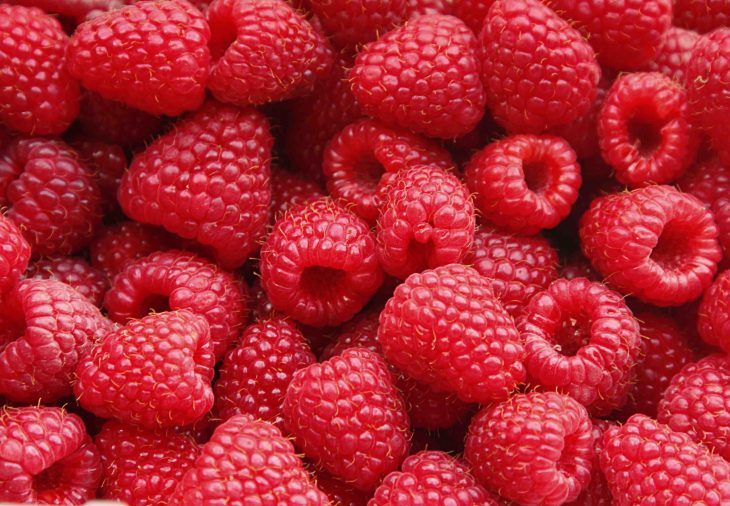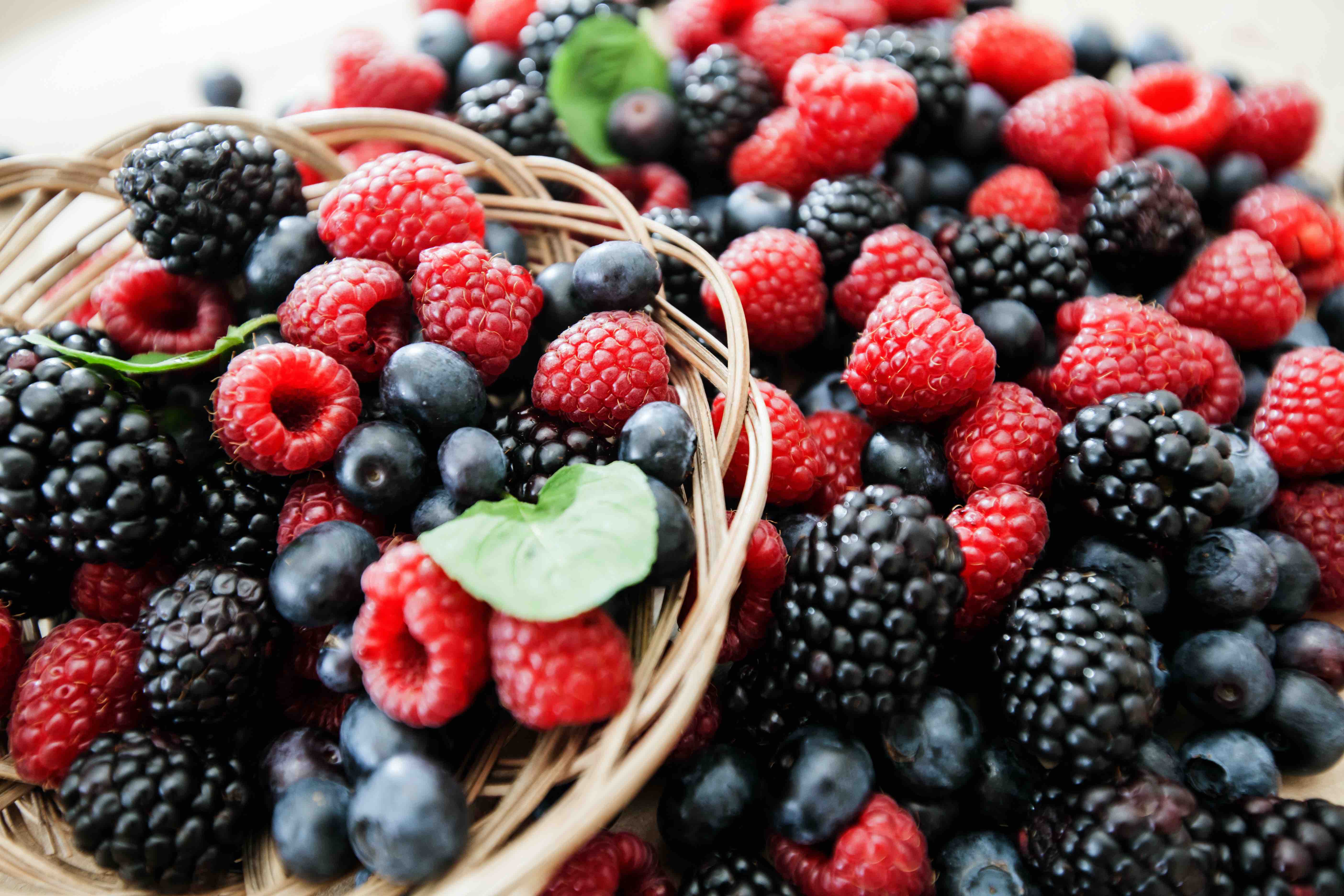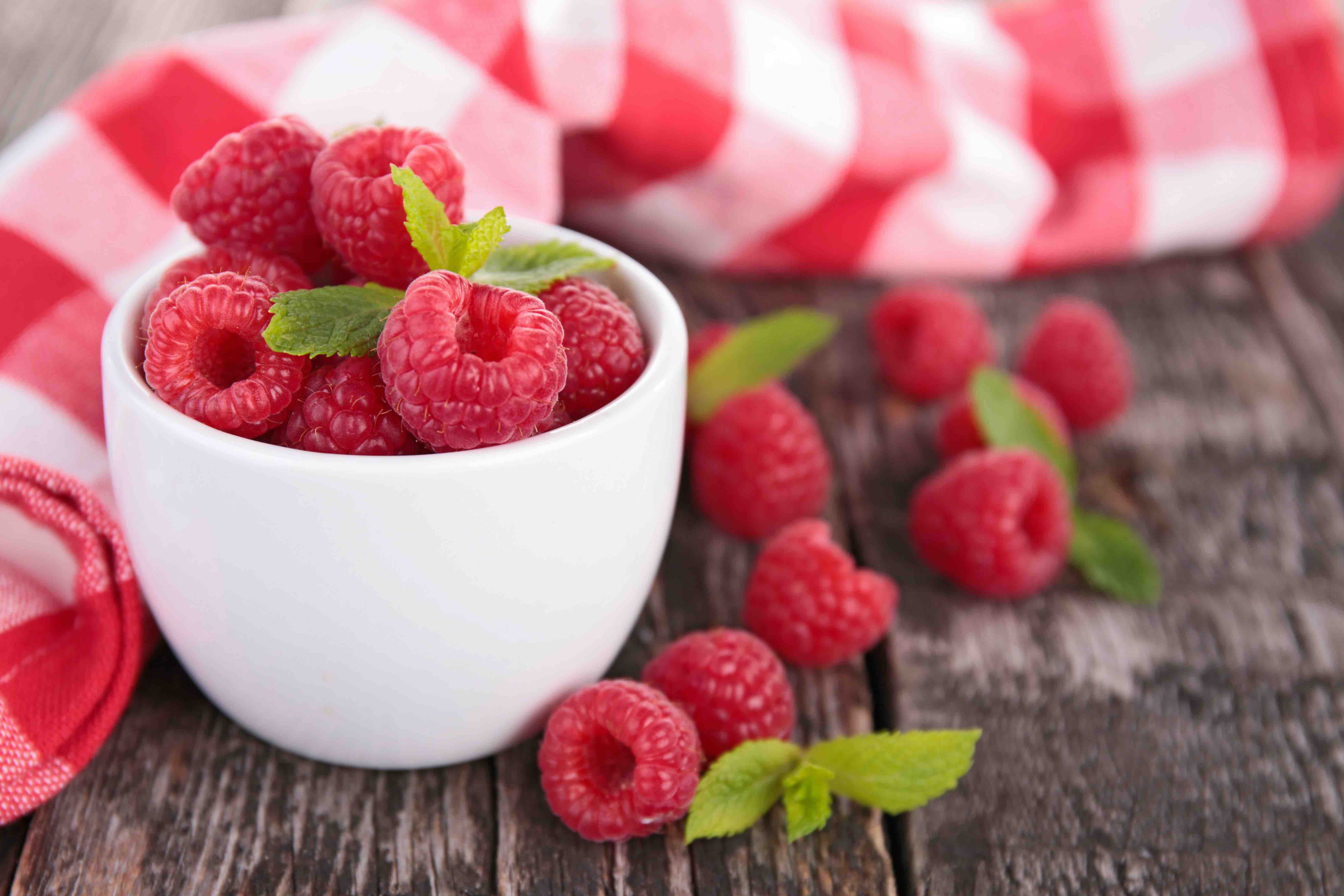
Raspberries, with their vibrant colors and delightful flavor, are beloved by many for their refreshing taste and versatility in culinary creations. These juicy berries not only add a burst of sweetness to dishes but also offer numerous health benefits. In this article, we will delve into the fascinating world of raspberries and uncover 15 interesting facts about these delightful fruits. So, let’s embark on a flavorful journey and explore the wonders of raspberries together!
A Colorful Spectrum
Raspberries come in a variety of colors, including red, black, purple, and gold. Each hue brings its own distinct flavor profile and visual appeal to the table.
Berry Powerhouse
Despite their small size, raspberries pack a powerful punch when it comes to nutritional value. They are rich in antioxidants, vitamins, and fiber, making them a nutritious addition to your diet.
Nature’s Candy
Raspberries are naturally sweet and can be enjoyed as a guilt-free treat. Their natural sugars are accompanied by a delicious tartness that balances the overall flavor.
Ancient Origins
Raspberries have a long history and have been enjoyed for thousands of years. They were even consumed by prehistoric humans, as evidenced by raspberry seeds found in archaeological sites.
Berry Relatives

Raspberries belong to the rose family (Rosaceae) and are closely related to other beloved fruits like strawberries, blackberries, and roses.
Versatile Cultivation
Raspberries can be grown in various climates and are cultivated in many parts of the world. They thrive in temperate regions and are known for their adaptability.
Double Delight
Raspberries are unique in that they consist of multiple small fruits called drupelets that cluster together to form the berry. This structure gives raspberries their distinctive appearance and texture.
Harvest Season
Raspberries are typically harvested in the summer months, although the exact timing varies depending on the region and the specific variety of raspberries.
Culinary Marvels
Raspberries are incredibly versatile in the kitchen. They can be enjoyed fresh, added to salads, used in desserts like pies and tarts, blended into smoothies, or turned into delicious jams and preserves.
Health Boosters
Raspberries offer numerous health benefits. They are a good source of vitamin C, dietary fiber, and manganese. Their high antioxidant content contributes to their potential anti-inflammatory properties.
Delicate Handling
Raspberries are delicate fruits that require gentle handling to prevent damage. Their soft texture makes them prone to bruising, so it’s important to handle them with care.
Preserving Goodness
Raspberries can be frozen for long-term storage without losing their nutritional value. Freezing raspberries at the peak of freshness allows you to enjoy their goodness throughout the year.
Garden Delights

Raspberries can be grown in home gardens, providing a bountiful supply of fresh berries. They can be planted in containers or in the ground, making them suitable for different gardening setups.
Pollinator Partners
Raspberries rely on pollinators, such as bees, to reproduce. The intricate relationship between raspberries and pollinators highlights the importance of these buzzing creatures in our ecosystem.
Flavor Combinations
Raspberries pair well with a wide range of flavors. They can be combined with chocolate, lemon, mint, and even savory ingredients like balsamic vinegar to create tantalizing taste experiences.
Final Thoughts
Raspberries, with their vibrant colors, delectable flavor, and nutritional benefits, are a true gift from nature. Whether enjoyed on their own or incorporated into culinary delights, these juicy berries bring a burst of joy to our taste buds and a dose of nourishment to our bodies.
Frequently Asked Questions (FAQs)
Are raspberries good for weight loss?
Raspberries are a great addition to a weight-loss diet. They are low in calories and high in fiber, which helps promote feelings of fullness and aids in healthy digestion.
Can raspberries be eaten with the seeds?
Yes, the seeds in raspberries are safe to eat and contain fiber. However, if you prefer a smoother texture, you can strain the raspberries or use them in recipes where the seeds won’t be noticeable.
Are raspberries a good source of antioxidants?
Yes, raspberries are rich in antioxidants, including vitamin C, quercetin, and ellagic acid. These antioxidants help protect the body against oxidative stress and may have various health benefits.
How should raspberries be stored to maintain freshness?
Raspberries are delicate and perishable. To extend their freshness, store them in the refrigerator in a breathable container, such as a shallow bowl lined with paper towels. Avoid washing them until you’re ready to use them.
Can raspberries be grown in pots or containers?
Yes, raspberries can be grown in pots or containers, making them suitable for small gardens or balconies. Choose dwarf or trailing varieties that are well-suited for container gardening and provide them with proper sunlight and water.
Was this page helpful?
Our commitment to delivering trustworthy and engaging content is at the heart of what we do. Each fact on our site is contributed by real users like you, bringing a wealth of diverse insights and information. To ensure the highest standards of accuracy and reliability, our dedicated editors meticulously review each submission. This process guarantees that the facts we share are not only fascinating but also credible. Trust in our commitment to quality and authenticity as you explore and learn with us.
